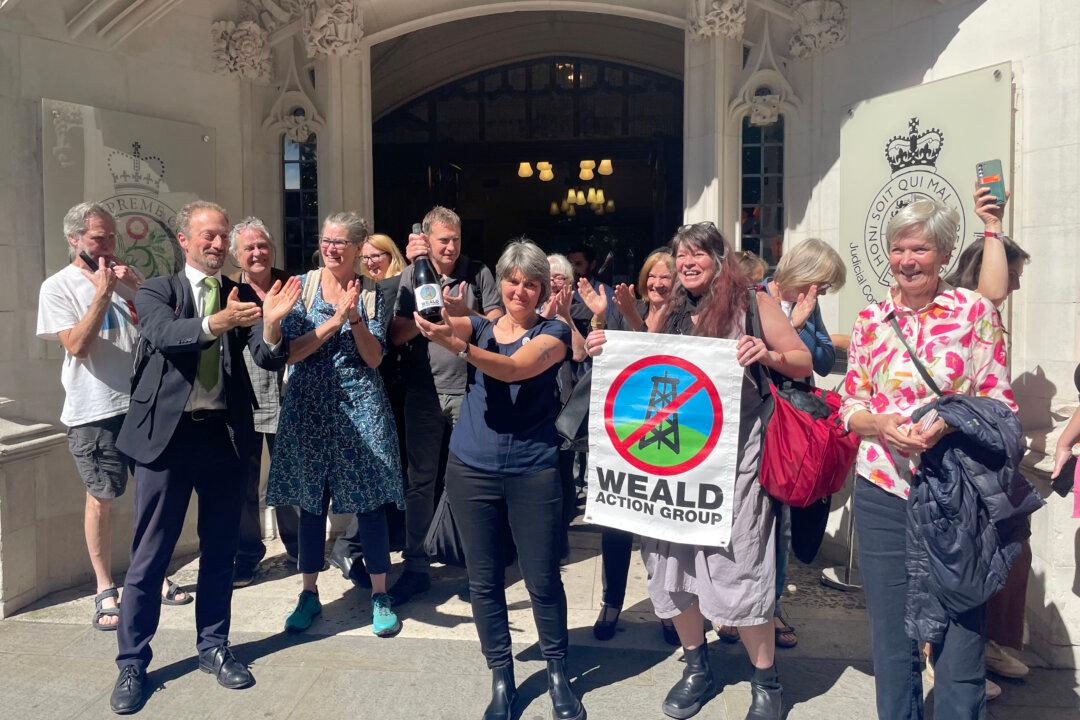The Supreme Court has ruled that emissions from burning fossil fuels must be considered when granting planning permission for new drilling sites.
The oil well site, run by Horse Hill Developments, would have seen the fossil fuel extracted over 20 years, producing around 3.3 million tonnes of oil.





